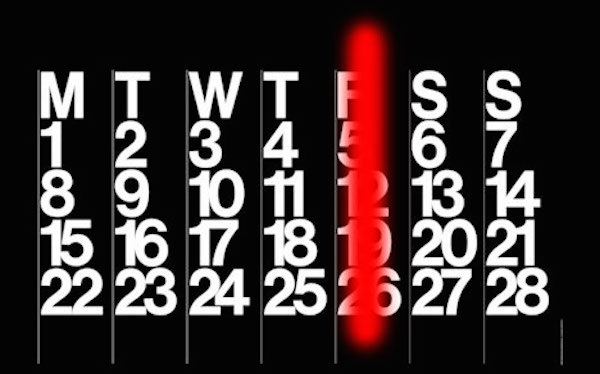Review: Normal People – Who Are the People That’ve Changed You Most?

In 2019, Sally Rooney’s coming-of-age relationship novel, Normal People, easily made my top books of the year list. But at the time I only wrote a few sentences about why I found it so page-turning and powerful. Now only a year later, Lenny Abrahamson’s adaptation has debuted on Hulu, bringing a whole new audience to the story of Connell and Marianne.
Reading descriptions of either the book or the series, it’s not hard to imagine people jumping to the conclusion that this is a work of teen melodrama, and not for them. I should know: after seeing the trailers, I almost skipped the show DESPITE loving the book, because the marketing didn’t feel enough like the story I’d read and loved. On the surface, the series appeared exactly like the sort of schmaltzy romance the book did such a good job dissecting.
I’m pleased to report that the show, like the book, achieves something much more special. Something more complex and with greater depth than a will-they-or-won’t-they courtship drama. Though pretty quickly in, you find out they definitely will, then won’t, then will again, a lot, on and off for years. Which is more to the point of the project.
Sure, there’s a bit of that youthful tendency for the characters to think every setback is earth-shattering, or to make basic relationship mistakes that frustrate the more mature among us to no end. ( SWEET DANGLING CHAIN, CONNELL, JUST TELL HER WHAT YOU REALLY WANT.) But both the show and the book capture the unique intensity of first loves with such sensitivity, and then interrogates what t means to us so skillfully, that it becomes much more than a question of whether two characters get their happily ever after. Because as most of us know: they won’t. That’s not how life works. Rarely does a first great love become a lifelong one, even if at the time it feels like losing it means the end of the world.
What makes Normal People so smart and so powerful is that it’s not really about whether two people end up together. It’s more interested in how certain people — whether loves, or friends, or family (or that one asshole you’re not sure why anyone keeps inviting to parties, JAMIE) — these people leave their marks on us. They unlock something we’ve felt we had inside ourselves just waiting to be discovered, and they shape the people we eventually become.
It’s specifically not a love story for the ages, because these are Normal People. Normal People feel weird and misunderstood until finally someone sees us. Normal People fall in love for the first time (even if it’s not always romantic love), and they feel changed, even if that love doesn’t last, because it’s normal to screw it up. And in most cases, Normal People move on… past the loves and friendships lost, and toward an uncertain future, as best as they know how.
